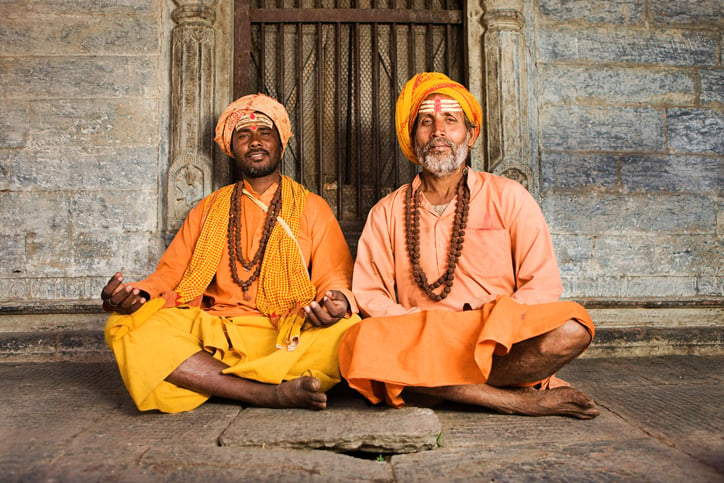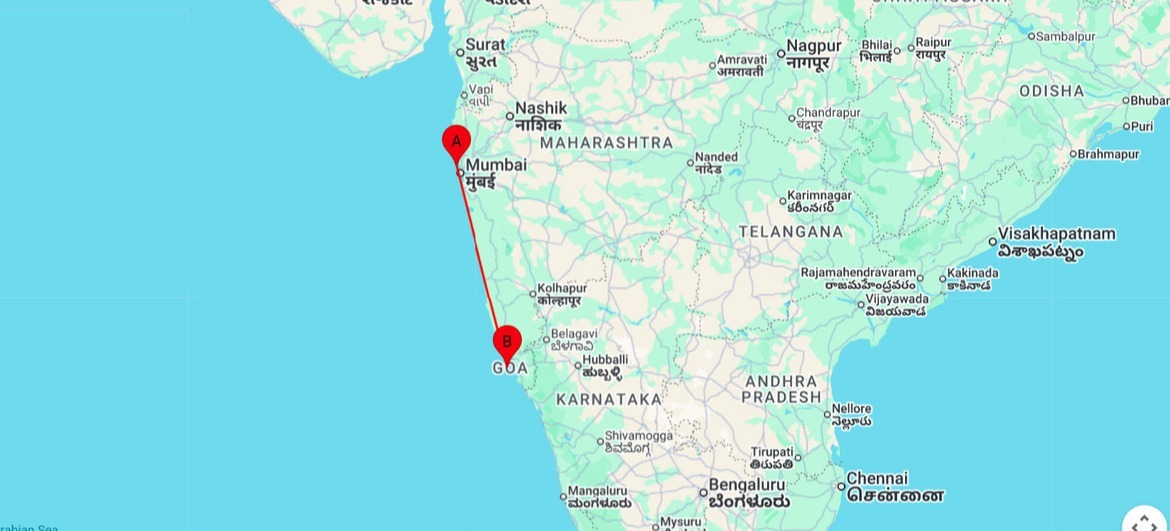Goa
After breakfast, polish your bargaining skills for the Mapusa Market in North Goa. Though operational every day of the week, the market is particularly lively on Fridays. Shoppers can peruse textiles, antiques, clothing, spices, handicrafts, pottery, carpets, jewelry, fruits, vegetables, and regional delicacies.
During peak season, merchants from other Indian states, particularly Gujarat and Rajasthan, also descend on Mapusa to sell handmade bags and shawls. The food stalls are always a favorite among both locals and tourists. Try the dried fish, seedless tamarind, and Goan chouriço, a spicy marinated pork sausage brought over by Portuguese settlers.
Continue to Sai Organic Farm and Herbarium. With its rich soil and tropical climate, Goa is an ideal setting for growing spices. Several plantations in the area offer guided tours, elephant rides, and lunches served on banana leaves but Sai Organic Farm and Herbarium goes beyond traditional spice tourism. Managed by an Ayurvedic doctor, the plantation also includes herbal gardens with aromatic and medicinal flora. Should you be suffering from a common cold, rash, asthma, or even kidney stones, the staff is quick to recommend Ayurvedic remedies. A
fter walking the grounds, visitors can enjoy a Goan lunch prepared with freshly cultivated herbs and spices. Here, organic-farming methods reign supreme to assure the purity and quality of the plants (and also to preserve the site's ecotourism designation). Sai Herbarium is welcoming and educational, and leaves a smaller footprint on the important spice zones of Goa.
Evening at leisure and overnight.

-1.png?width=80&name=asset%208%201%20(1)-1.png)
.jpg?width=580&height=387&name=elephanta-island-mumbai-india-2022-04-26-03-54-28-utc%20(1).jpg)
.jpg?width=580&height=387&name=basilica-of-bom-jesus-unesco-world-heritage-site-2022-03-08-18-23-36-utc%20(1).jpg)
.jpg?width=580&height=387&name=bengal-tiger-lying-down-2021-08-26-16-22-50-utc%20(1).jpg)





.png)
